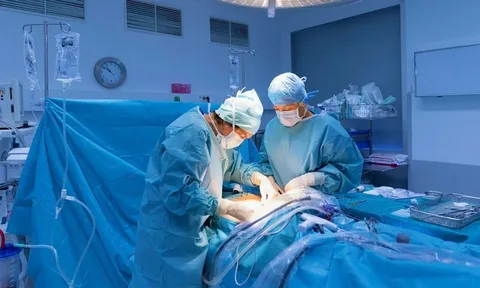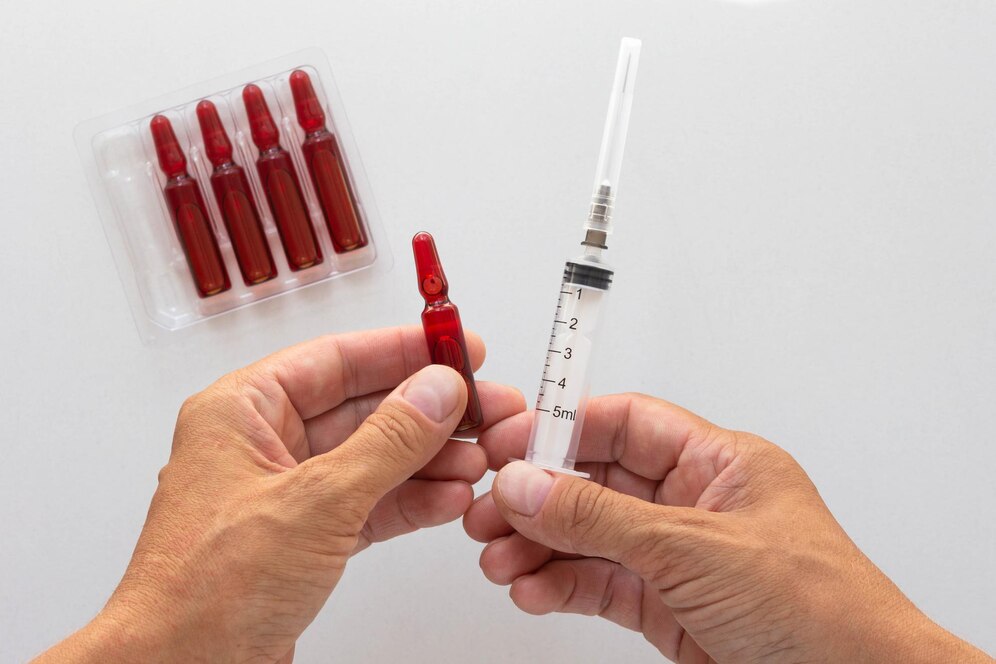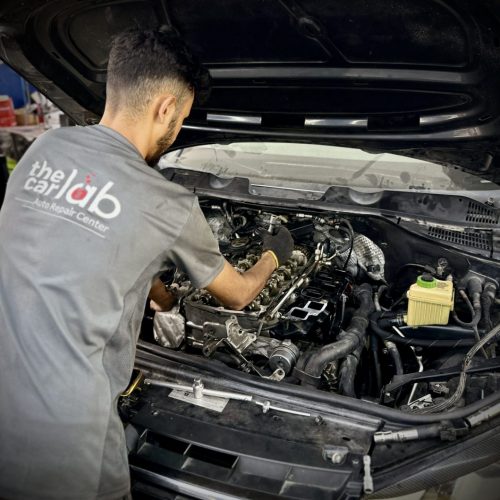Renal transplantation is the most effective treatment for patients with end-stage renal disease (ESRD), offering improved quality of life and survival compared to dialysis. However, as with any major surgery, renal transplantation presents numerous challenges and complications, some of which can be quite complex and require specialized management. Urology surgeons play a critical role in addressing these complications, ensuring that the transplanted kidney functions optimally while minimizing the risks to the patient’s overall health. In this article, we will explore the management of complex renal transplant complications from the perspective of a urology surgeon, focusing on the role of the urology surgeon in diagnosing, treating, and preventing these issues.
The Role of the Urology Surgeon in Renal Transplantation
The role of a urology surgeon in renal transplantation begins before the surgery itself. Urology surgeons are involved in the preoperative planning and donor organ evaluation, ensuring that the transplanted kidney is suitable for the recipient. They assess the recipient’s anatomy to ensure that they have the necessary blood supply, lymphatic drainage, and other conditions that would allow a successful transplant. Additionally, they may address any underlying urological conditions in the recipient, such as urinary tract infections, anatomical anomalies, or bladder dysfunction, to prevent complications post-transplant.
Once the transplant has been performed, the urology surgeon plays a crucial role in managing complications related to the kidney, urinary tract, and surrounding structures. Complications such as graft rejection, infection, hemorrhage, ureteral complications, and vascular issues can arise, and timely intervention by a skilled urology surgeon is vital for patient outcomes.
1. Urological Complications in Renal Transplantation
Urological complications are among the most common issues faced by kidney transplant recipients. These complications can arise from various factors, including technical errors during surgery, pre-existing conditions in the recipient, or postoperative factors such as infection or ischemia. Some of the most common urological complications that a urology surgeon must address include:
a. Ureteral Obstruction
Ureteral obstruction occurs when there is a blockage in the ureter, the tube that connects the kidney to the bladder. This complication can result from scarring, fibrosis, or strictures in the ureter following the transplantation procedure. Ureteral obstruction can lead to hydronephrosis, graft dysfunction, and even graft loss if not promptly treated.
The management of ureteral obstruction typically requires a urology surgeon to perform a diagnostic evaluation using imaging studies such as ultrasound or CT scans. If the obstruction is significant, surgical intervention may be necessary, including a ureteral reimplantation or a psoas hitch procedure to reposition the ureter. In some cases, a stent may be placed temporarily to relieve the obstruction and allow the graft to function properly.
b. Ureteral Leaks
Ureteral leaks occur when there is an abnormal connection between the ureter and the surrounding tissues, allowing urine to leak into the abdominal cavity. This can result from poor surgical technique, ischemia, or trauma to the ureter during the transplant procedure. Ureteral leaks can lead to peritonitis, infection, and graft loss if not managed appropriately.
A urology surgeon must identify the leak early, often through imaging studies such as a retrograde pyelogram or a contrast-enhanced CT scan. Treatment may involve surgical repair of the ureter, such as a ureteroureterostomy or the use of a double-J stent to allow the leak to heal while draining the urine.
c. Bladder Dysfunction
Bladder dysfunction is a potential complication following renal transplantation, particularly in patients with a history of bladder or lower urinary tract problems. Dysfunction may include problems such as urinary retention, incontinence, or detrusor sphincter dyssynergia (a condition in which the bladder and sphincter muscles do not coordinate properly during urination).
For a urology surgeon, the first step in managing bladder dysfunction is a thorough assessment of bladder capacity, compliance, and detrusor function. Urodynamic studies can help determine the underlying cause of the dysfunction. Treatment options vary depending on the specific problem and may include pharmacological interventions, bladder training, or surgical procedures such as bladder augmentation or neurostimulation.
2. Infectious Complications
Infections are among the most serious complications in renal transplant patients. The immunosuppressive drugs used to prevent organ rejection also suppress the patient’s immune system, making them more susceptible to infections. Urology surgeons are often involved in managing infections in the urinary tract, kidney, or surrounding structures. Common infectious complications include:
a. Urinary Tract Infections (UTIs)
UTIs are common in renal transplant recipients, especially in the first few months following the procedure. The use of indwelling catheters, urinary stents, or post-surgical instrumentation increases the risk of UTI. In some cases, UTIs can lead to more severe infections, such as pyelonephritis or sepsis.
A urologist must promptly identify UTIs through urine culture and sensitivity testing, often using imaging techniques to rule out underlying anatomical issues such as strictures or obstructions. Treatment typically involves antibiotics, but if the infection is severe or recurrent, more advanced interventions may be needed, such as the removal or replacement of a stent or catheter.
b. Graft Infection
Infection of the transplanted kidney, or graft infection, is a rare but serious complication. It can be caused by bacteria, fungi, or viruses and may result in graft loss if not managed promptly. Graft infection can present with fever, graft tenderness, and decreased renal function.
A urology surgeon must be vigilant in diagnosing graft infections using imaging studies and laboratory tests. In some cases, biopsy of the transplanted kidney may be required to identify the causative organism. Treatment usually involves targeted antimicrobial therapy, and in severe cases, surgical debridement or removal of the graft may be necessary.
3. Vascular Complications
Vascular complications can significantly impact the success of a renal transplant. These complications can involve the renal artery, renal vein, or other blood vessels associated with the transplant. Early recognition and management are crucial to prevent graft failure.
a. Renal Artery Stenosis
Renal artery stenosis occurs when the renal artery becomes narrowed, reducing blood flow to the transplanted kidney. This can lead to graft dysfunction and hypertension. A urology surgeon is often responsible for identifying this complication through imaging studies such as Doppler ultrasound or angiography.
Treatment typically involves angioplasty with or without stenting to restore adequate blood flow to the transplanted kidney. In some cases, surgical revascularization may be required.
b. Renal Vein Thrombosis
Renal vein thrombosis is another serious vascular complication that can lead to graft failure. This occurs when a blood clot forms in the renal vein, obstructing the flow of blood from the transplanted kidney. Symptoms may include sudden-onset graft dysfunction, pain, and swelling.
Urology surgeons play an important role in diagnosing renal vein thrombosis through imaging techniques such as CT angiography or Doppler ultrasound. In some cases, anticoagulation therapy may be initiated, and surgical thrombectomy or graft nephrectomy may be required if the thrombosis is severe.
4. Postoperative Management and Long-Term Follow-Up
After the initial management of complications, the urology surgeon’s role shifts to long-term follow-up to ensure the ongoing health of the transplanted kidney and the patient. Regular monitoring of kidney function, urinary tract status, and overall health is essential to prevent late complications such as graft rejection, infections, or bladder dysfunction.
Patients must also be educated about the importance of adhering to their immunosuppressive regimen, avoiding infections, and managing comorbid conditions such as hypertension or diabetes. Urology surgeons often collaborate with nephrologists, transplant surgeons, and other specialists to provide comprehensive care and ensure the best possible outcomes for kidney transplant recipients.
Conclusion
Renal transplantation is a life-saving procedure for patients with end-stage renal disease, but it is associated with a range of potential complications. Urology surgeons play a critical role in managing these complications, ensuring the successful function of the transplanted kidney and the overall health of the patient. Whether addressing issues such as ureteral obstruction, infection, or vascular complications, the urology surgeon’s expertise is essential in optimizing outcomes and minimizing risks. Through careful management, urology surgeons help ensure that kidney transplant recipients enjoy the benefits of improved quality of life and extended survival.













